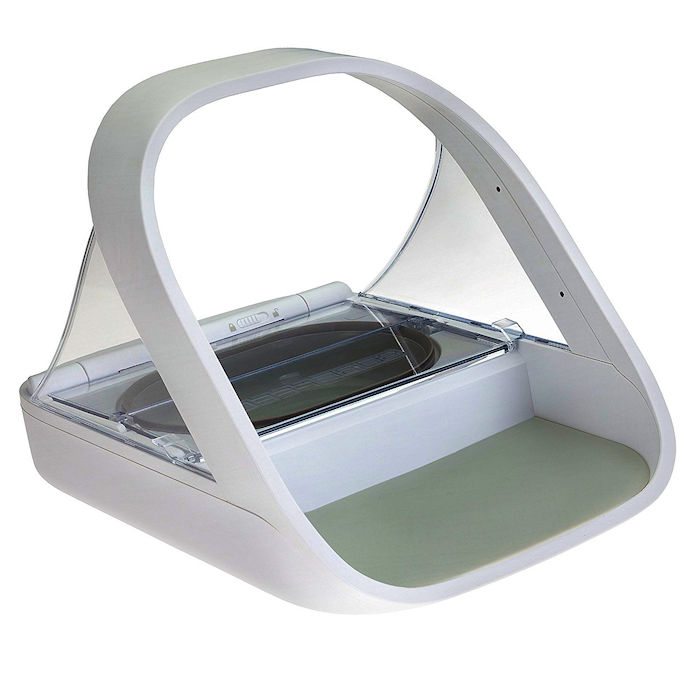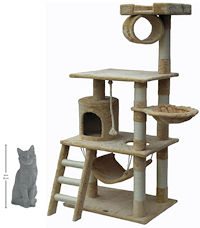 Heartworm disease is a serious and potentially fatal disease in pets, mainly dogs but cats as well. It is caused by worms (heartworms that can be several inches in length) that live in the heart, lungs and associated blood vessels, causing severe lung disease, heart failure and damage to other organs. Heartworm disease affects mainly dogs and cats but other mammals can be affected as well.
Heartworm disease is a serious and potentially fatal disease in pets, mainly dogs but cats as well. It is caused by worms (heartworms that can be several inches in length) that live in the heart, lungs and associated blood vessels, causing severe lung disease, heart failure and damage to other organs. Heartworm disease affects mainly dogs and cats but other mammals can be affected as well.
Heartworm disease in cats is different from dogs. Most worms in cats do not survive to the adult stage in cats as the cat is not a typical host. Cats with adult heartworms typically have just one to three worms and often cats affected by heartworms have no adult worms. This means heartworm disease often goes undiagnosed in catsbut even immature worms cause damage in the form of a condition known as HARD “heartworm associated respiratory disease”. The medication used to treat heartworm infections in dogs cannot be used for cats, so prevention is the only protection for cats from the effects of the nasty heartworm disease.
Once a cat is infected with the disease it is highly unlikely that the owner will ever know. Symptoms for cats with heartworm are extremely non-specific, mimicking other problems such as asthma and bronchitis. Add to this, the fact that it is much harder to test for the parasites in cats, than in dogs and vets have a hard time working out if heartworm is the underlying health issue affecting your cat.
If you do not use heartworm meds to prevent your cat becoming infected with the parasite, you will always have that nagging worry that any sign of illness or just becoming ‘off-color’ is in fact the onset of heartworm disease. Whereas a simple blood test is usually effective in determining whether a dog has the disease cats tend to need x-rays, ultrasound and more detailed blood work to get the same result. This means just finding out whether or not your cat is suffering from heartworm disease will be costly, difficult and stressful for your pet.
Once diagnosed there is very little treatment available to your cat. Vets are now treating dogs with the disease much more efficiently than ever before. However, cats are less able to absorb dead adult heartworms so the treatment offered to dogs is rarely used for cats. Usually a heartworm positive feline will be monitored and only offered secondary treatment such as to help overcome the lung damage and heart disease created by the adult worms. The worms themselves are left to live out their time naturally. This means a cat with the disease is likely to incur two to three years of ultrasound scans, x-rays, blood tests and medication to help heart and lung function before being free of heartworm.
This ‘hands-off’ treatment is the only option for cats but it leaves them with a long period of stress and illness to contend with. Regular veterinary checks leave their owners with an ongoing problem of vet bills to contend with.
By using a monthly tablet or topical treatment owners can avoid all that stress. A monthly heartworm medicine will destroy all heartworm larvae deposited in your cat’s bloodstream during the previous thirty days. This means those larvae are unable to develop into adults that accumulate in, and destroy organs so quickly.
Heartworms find cats less hospitable hosts than dogs, so often fewer survive inside a cat than they would if infecting a dog. The parasites tend to live shorter, less fertile lives too, but only one adult worm is more than capable of killing a cat, so owners should not rely on the myth that heartworm is a dogs only problem. With diagnosis and treatment so difficult, heartworm prevention for all felines living in areas with heartworm populations infecting dogs should be a priority.








Leave a Reply
You must be logged in to post a comment.